No person, no idea, and no religion deserves to be illegal to insult, not even the Church of Emacs
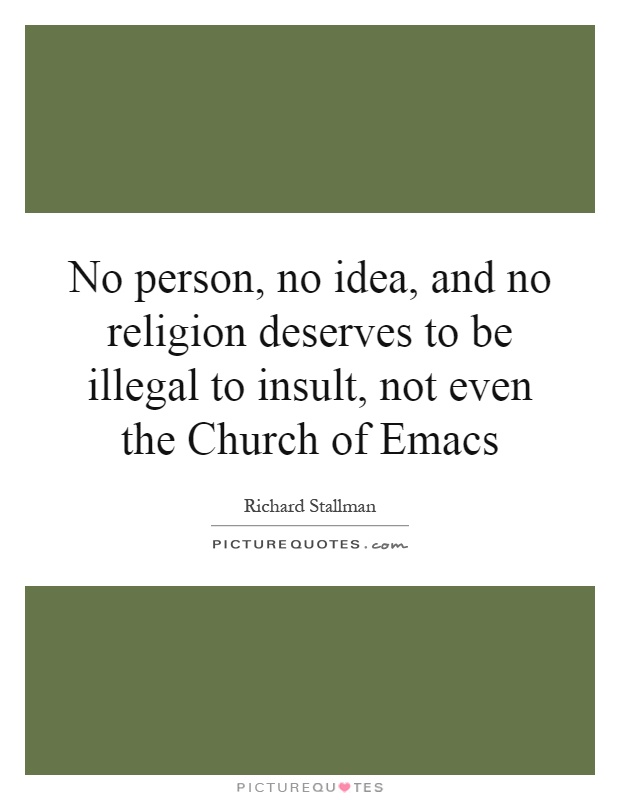
No person, no idea, and no religion deserves to be illegal to insult, not even the Church of Emacs
Richard Stallman, the founder of the Free Software Movement and the Church of Emacs, is a controversial figure in the world of technology and open source software. Known for his strong beliefs in freedom of speech and open access to information, Stallman has often been at the center of debates surrounding censorship and the limits of free expression.Stallman's Church of Emacs, a playful parody religion based on the principles of his software philosophy, has been a source of both admiration and ridicule. While some see it as a clever way to promote his ideas about free software and open access, others view it as a cult-like organization that takes itself too seriously.
Regardless of one's opinion on the Church of Emacs, Stallman's stance on freedom of speech is clear: no person, idea, or religion deserves to be illegal to insult. In a world where censorship and political correctness are increasingly prevalent, Stallman's commitment to free expression is a refreshing reminder of the importance of open dialogue and debate.
Stallman's belief in the right to criticize and challenge established beliefs is a cornerstone of his philosophy. He has often spoken out against attempts to silence dissenting voices, arguing that the only way to progress is through open and honest discussion. By defending the right to insult even the most sacred of institutions, Stallman is advocating for a society where ideas are judged on their merits rather than their popularity or perceived offensiveness.
In the context of the Church of Emacs, Stallman's commitment to free speech is particularly relevant. While some may find the Church's beliefs and practices strange or even offensive, Stallman's insistence on the right to criticize and mock them is a powerful statement in defense of intellectual freedom.
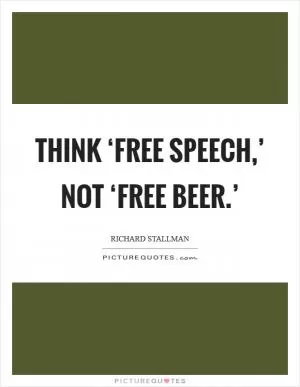

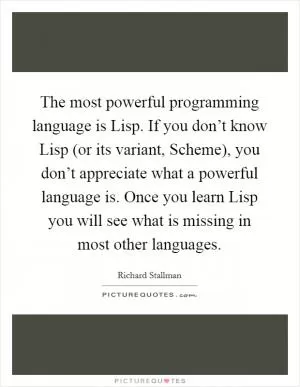

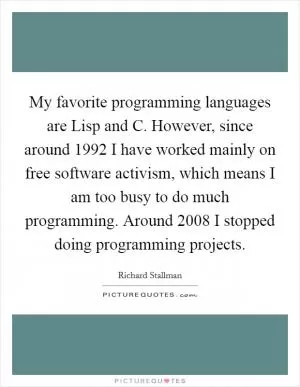
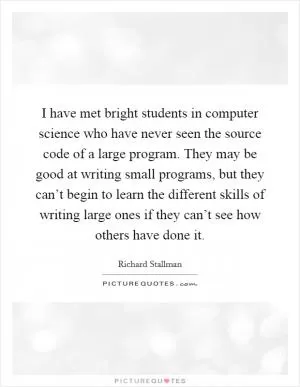
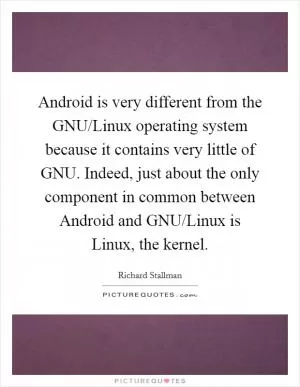

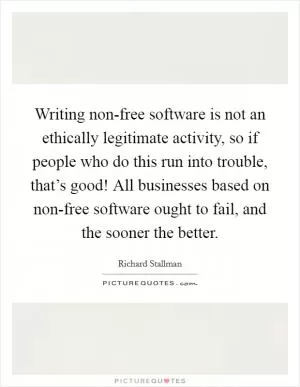

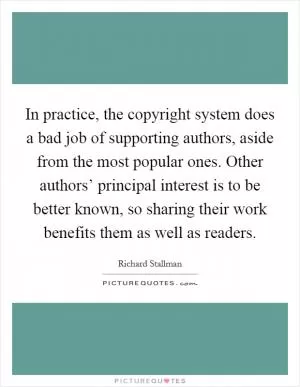
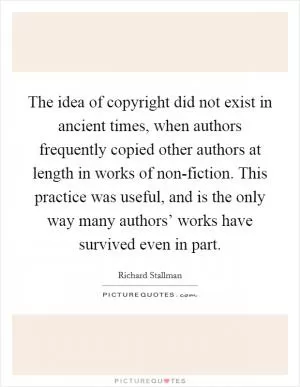
 Friendship Quotes
Friendship Quotes Love Quotes
Love Quotes Life Quotes
Life Quotes Funny Quotes
Funny Quotes Motivational Quotes
Motivational Quotes Inspirational Quotes
Inspirational Quotes